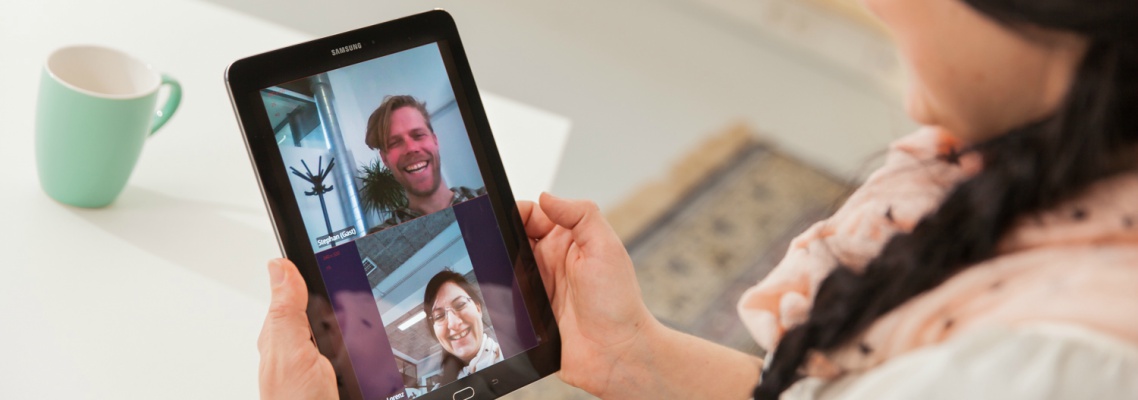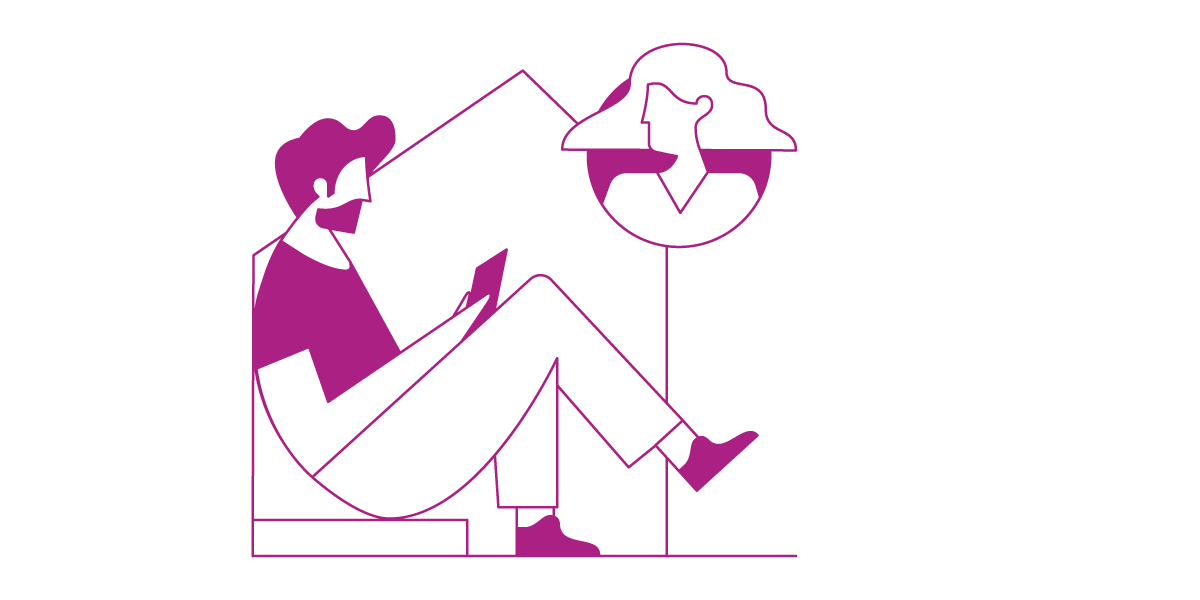This year’s Coronavirus pandemic has seen many changes to the way we live and work around the world. Some of these changes will be temporary, but many may prove to be permanent, including those seen in the mental health care sector.
Services in mental health care have had to quickly adapt the way that they operate. In many cases, patients could not be seen for face-to-face appointments for extended periods during lockdown measures. As well as this, many usual work routines were turned upside down, with staff members working from home for the foreseeable future. Services are facing this upheaval whilst still trying to deliver high quality care to those who need it the most.

But could the pandemic actually have an unexpected positive impact on how mental health services are able to deliver treatment in the future?
Video appointments on the up
Physical lockdown restrictions presented one of the first challenges for healthcare providers, with many services being left unable to carry out their usual face-to-face appointments with patients. Adapting to this meant big increases in telephone and video appointments replacing in-person visits.
At Minddistrict, we also saw big changes in usage during the height of the pandemic. The number of users accessing our platform increased by 300%, and we saw 70 times more video sessions than usual between therapists and their patients carried out using the platform’s video calling functionality.
We’re seeing these figures start to slowly drop now that lockdown measures in many parts of Europe have been eased, but we imagine that usage will continue to stay above pre-Coronavirus figures, as services adapt to continuing to offer more online options for treatment. Video calling isn’t for everyone - some patients may always prefer to attend appointments in person where available. But with lockdown measures forcing services out of physical sessions with their patients, many have been introduced to a new normal that some will continue to offer.
Self-help support
Services have also reported increases in people seeking mental health support, often triggered by issues related to living in a pandemic. For those experiencing milder symptoms, self-help content can be an efficient tool to help manage this.
At Minddistrict, we developed Coronavirus-specific online self-help modules, designed to help patients deal with some of the issues stemming directly from living in isolation during lockdown measures. These include a module to help patients combat loneliness from being isolated, how to stay physically fit and healthy whilst spending significantly more time indoors, and how to be more mentally resilient during the pandemic.
These have proved very popular so far, which is understandable when services are seeing such an increase in people wanting extra support during these recent difficult times. Appropriate online self-help content can be valuable not only during this pandemic, but as a permanent part of a service’s offering to their patients going forward.

The future for healthcare technology
More services are realising the possibilities that digital healthcare solutions can allow, whether that be freeing up clinicians’ time, reducing physical appointments where they aren’t necessary, and opening up more options for people when it comes to their choosing their care plan.
UK Health Secretary Matt Hancock recently accepted that better technology is needed for better healthcare, stating that he wanted the NHS to “double down on the huge advances” that have been made in technology, adding that “when it comes to their healthcare, whether they’re digital natives or digital converts, they (patients) don’t want to sit around in a waiting room if that service can come to them at home.”
But, service providers need to ensure that they keep up the momentum in digital innovation that the pandemic has brought.
Will decision makers continue to back digital solutions?
This momentum will hopefully be here to stay, as we’ve seen that the usage of software in mental healthcare is now widely accepted following the pandemic as part of a healthcare provider’s treatment options. This, and the fact that we’ve seen many services we work with in Europe opting to start 100% digital clinics - where care is offered entirely online - alongside their usual services, shows that this isn’t just a short-term fad.
Senior stakeholders are now thinking long-term about how they provide services, rather than just a few months ahead. They’re more committed to digital and are changing internal policies in order for them to scale up quicker – this is a major change. The findings of a recent Accenture survey echoes this trend of stakeholders becoming more accepting of digital - with 85% of healthcare executives believing that technology has become an inextricable part of life.
With that in mind, healthcare organisations globally should be looking to continue to give digital approaches a prominent role in the way that they offer services to their patients.
Want to know more?
For more information about Minddistrict’s response to the pandemic and our predictions for the future, check out the below short video. If you have any questions, please get in touch!
